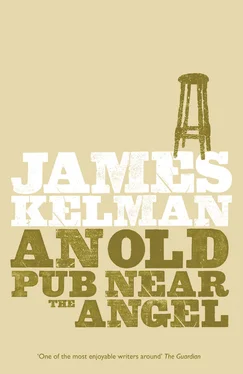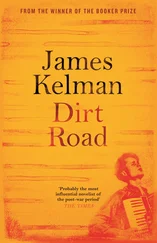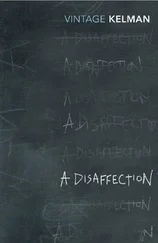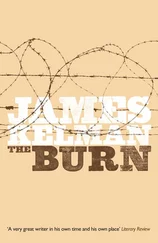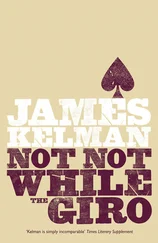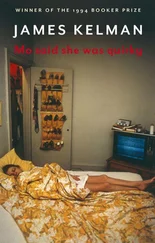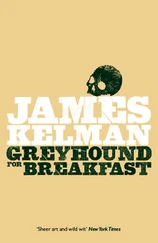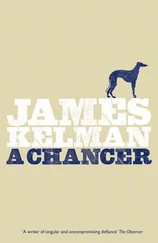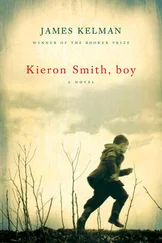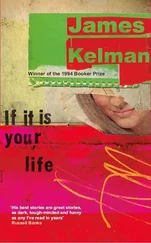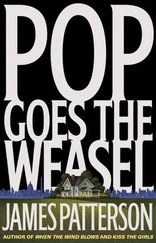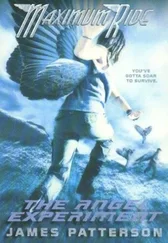If a U.S. team signed you they ensured you had a day job. Even if I was not good enough to play maybe somebody would know about a day job. Off I went. A bus into downtown then another one out. Miles away as usual. In area, Los Angeles was the biggest city in the world, in those days something like 35 miles wide. When I reached the football ground, to my dismay, the entrance fee alone would swallow up every cent of busfare I had left. I would be stranded, and the walk home was as bad as the Pasadena marathon.
Three games were to be played consecutively. Okay, it was good value. I agreed with the guy on the turnstile. But I only needed to see the one featuring the Scottish players. I argued it out but to no avail: full entrance fee or nothing. Watch the football or get a bus home. No contest. My whole world depended on it. In the stadium I strolled to one of the empty seats. There was a German team, an Italian team, a Mexican team, a British team and a couple from Central America. Where were the Scottish boys? Maybe I missed them.
At the final whistle of the final game I wandered towards the exit, postponing the reality of the long hike home. Then there on the ground, was a crumpled but complete copy of the Saturday ‘Pink’ Times !
In the old days the proprietors of the Glasgow Evening Times published a late edition on a Saturday afternoon that gave all the sports results. They used pink newspaper to distinguish it from the boring early editions. The newspaper I found was a fortnight old but it induced a spring in my step and every mile or so I was stopping to read extraordinary snippets of news. Brechin City 0–0 Alloa Athletic, Maryhill Juniors 7–1 Pollok. Was I dreaming?
And then the racing news. The Grand National approached! My god. Dunky Keith rode two winners for Walter Nightingall at Kempton Park. I might have known. They’d always done well at Kempton. And had Arkle beaten Mill House for the Gold Cup? And what about the two- and four-dog combination at the White City? Or the three- and five-dogs at Shawfield. I would have kicked myself if that forecast had entered a winning run.
What about the mighty Dons? Had maestro Charlie Cooke left Dundee yet? Oh man! And how was Jim Baxter playing? Was Denis Law in Torino? All this and more. I was gloating in anticipation of the response my ‘Pink’ Times would get from my father and brothers. Maybe I could charge them a dollar for every result I told them. All of these hot topics from 6,000 miles away.
Except the road went on forever and I was still trudging and my fucking feet man, these shoes I had, fucking chisel-toed winkle-picking bastards or some such nonsense, where had I bought them? Gordon’s Shoe Shop in Partick, if I remember rightly, they were fucking killing me and I still had not reached the downtown area.
A couple of months on and my parents called it quits. My mother had never enjoyed the experience and my father just worked, slept, ate and travelled on buses. In many ways it was a typical immigrant experience. For my parents it was a case of cutting the losses, getting home as soon as possible. At least we had a country to go to. But they did not have enough money for everybody’s fares. My elder brother decided he could stay, look after himself and our younger brother Alan who was 15 years old and attending school. He would save to pay Alan’s flight home. It was a burden for a 21-year-old but he managed it fine. Alan returned home a few months later, but Ronnie stayed and has been there ever since, now with his wife and four grown-up children.
I had no option but to return to Scotland. The decision was a family one. I was doing nothing anyway. Back in Glasgow I could work and contribute to the family purse. There was the possibility of returning to the States later.
The printer’s factory over in Partick could not take me back. The firm was agreeable but it was a union shop; I had severed my apprenticeship and that was that. But really, I had no complaints. The S.O.G.A.T. secretary had warned me months ago.
I stayed with my grandparents in Govan, my mother’s parents, and got a job on the line at the Cooperative shoe factory in Shieldhall, earning a man’s wage on piecework. Then a letter arrived from Pasadena weeks after my eighteenth birthday. The printers on Colorado Boulevard were holding the job open for me. I did consider it but decided against.
This was the period when I knew I was never going to be a painter. I still fancied the art business. I had discovered, perhaps through my father, that a college existed in Europe that specialised in a course for art dealers. I had discussed it with my elder brother for a time, and my father. If I completed the course in art dealing, Ronnie would save dough in the States and send money home, and I could make use of that to buy and sell art. By this time he was in the U.S. Army. We were serious about it. But life was getting on top of me at that time and I needed away.
The immigrant experience left an obvious mark on our family, as it does on every immigrant family. We were never together again as a unit. My younger brother Alan found life unsettling. In 1971 he crossed to New York City to be best man at our brother Ronnie’s wedding. He did not come home for eight years; he travelled south to work for a time in the Pennsylvania hills, then Florida, Texas, Death Valley, Nevada and other places in between. He has his own stories. Before then, in Glasgow, when he turned 16 he discovered the music clubs in the city: the Electric Garden, the Lindella Club, Bruce’s Cave and the rest. He worked on the door at the Picasso Club, and occasionally borrowed 45 RPM EPs from the D.J. The first time I heard the name James Brown was from Alan. He was clutching that very early EP, Papa’s Got a Brand New Bag , from 1965.
My head was not in music so much. I had discovered other clubs around Glasgow, with names like the Raven, the Hanover, the Coronet, the Starlight Rooms, the Blue Dolphin, the 44 Club, the Establishment, the Cigar Club, the White Elephant and the New Businessman’s Club. The latter was known locally as ‘the Busy’, a play on words; the police also were known locally as ‘the busies’. I was 18 at that time.
These were gambling clubs of one kind or another; cheminde-fer — chemmy — the most popular game; and five-card stud poker for afters, for those left with money. I preferred the atmosphere in gambling clubs but it was a tougher world than that of Damon Runyon, though I was fond of ‘Big Nig’ and ‘The Lemondrop Kid’. The guy on the door on these clubs stared at ye, looked left and right, then nodded ye in. Occasionally I brought along guests, my pals. They were very impressed. I whispered, Mind now, ye have to be quiet, and for fuck sake do not chat up the lasses, they are all on the game.
One night I returned to a club from a greyhound track with money burning its way through both trouser pockets. People were around but it was quiet, a man had been stabbed to death at the door. Guys were coming in to play cards and saying, That’s bad news about the bloke on the door. . Then they coughed quietly, So, what, is there nay cards later on or what?
In another club there was a £1,500 bank for afternoon sessions at faro. I was a busconductor out at Gavinburn Depot, Old Kilpatrick. One day I had a ‘spare’ duty. But it was payday. Everybody goes to work on payday. I was hanging about the garage doing nothing. We could not even watch television in the garage bothy. One of the conductresses had switched it on but nothing happened. Eventually we looked round the back of it to check the electrics. There was nothing there. It was a shell. Some dirty bastard stole the tube and all the inner workings. That was typical at Gavinburn Depot — the garage was fucking notorious; after forty years I still remember the name of the garage superintendent — wee Dunbar!
Читать дальше
